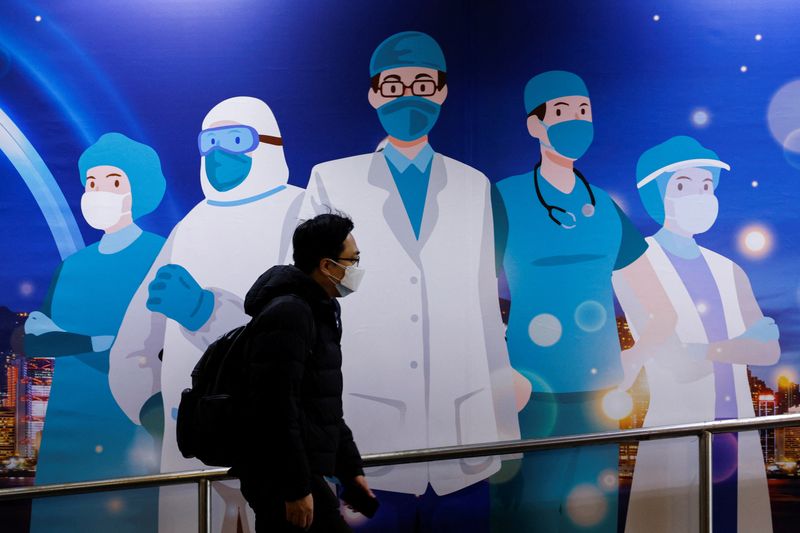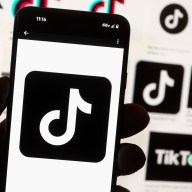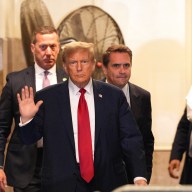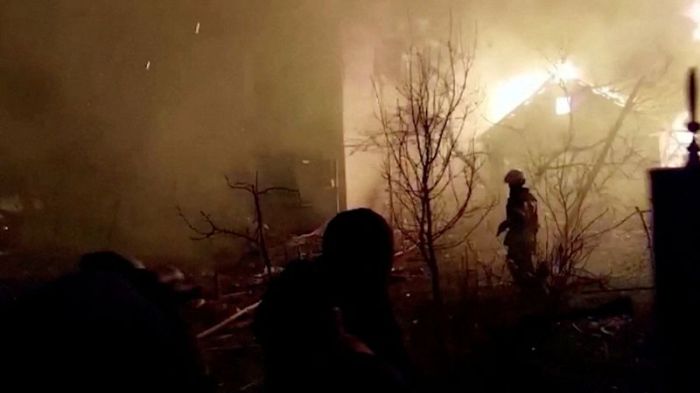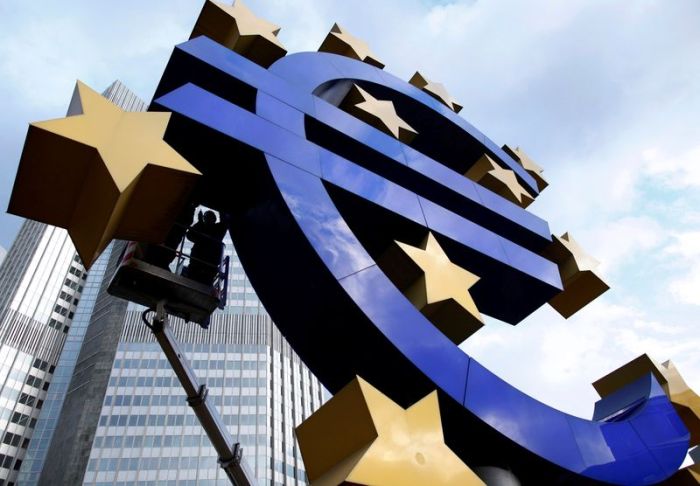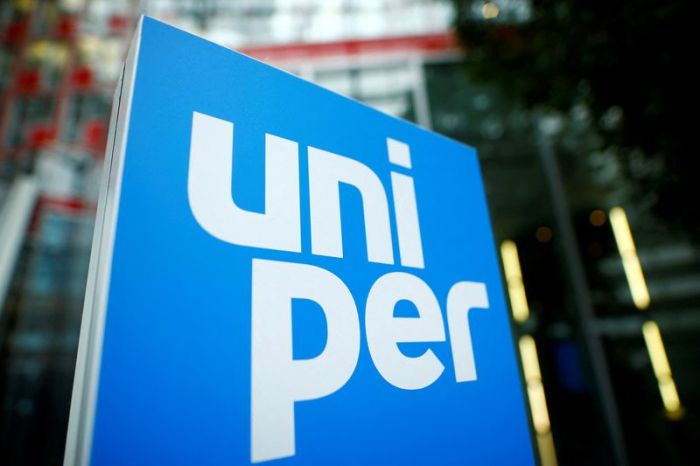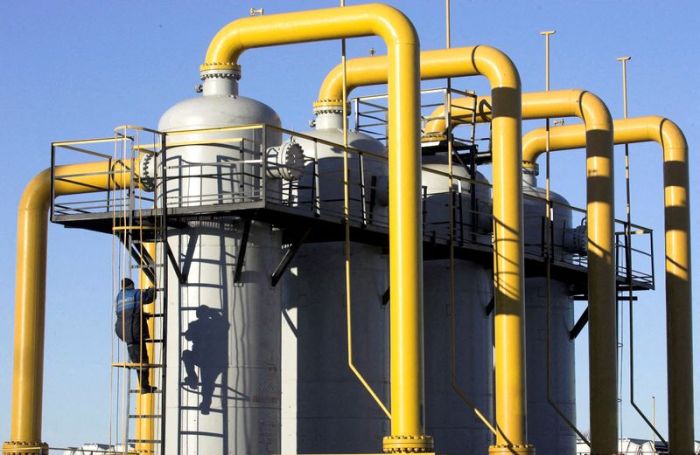HONG KONG (Reuters) -As COVID-19 rages across Hong Kong at the start of a sensitive political year for China and President Xi Jinping, Beijing is determined not to be embarrassed and undermined as it was by the often-violent protests that rocked the city in 2019.
In the past week, since Xi told the city its “overriding mission” was to control the worsening crisis, Hong Kong has stepped up anti-COVID measures, including plans for mass testing buttressed by equipment, testing vehicles and personnel from the mainland.
Foremost for Beijing, some advisers to China’s government say, is a fear that, unless Hong Kong contains the virus and prevents a lot of people from suffering, the city could see a return to the instability of 2019 when anti-government protests posed a major crisis for Xi.
“Beijing understands there are still a lot of anti-government, anti-China forces in Hong Kong which may be waiting for an opportunity to come back,” Lau Siu-kai, an adviser to the Chinese government, told Reuters.
“If the epidemic spills over from Hong Kong into the mainland, particularly Guangdong, then it will become an issue of national security for the central government,” added Lau, deputy director of the Association of Hong Kong and Macau Studies, a top think-tank directly under China’s Hong Kong and Macau Affairs Office.
There was no immediate response to faxed questions to China’s main “Liaison Office” in Hong Kong, or China’s cabinet-level Hong Kong and Macau Affairs Office.
As the COVID crisis grows, Hong Kong-based mainland officials including the head of China’s Liaison office, Luo Huining, have appealed to Hong Kong tycoons to provide financial and logistical support; while mainland construction teams are now rushing to build a 10,000-bed temporary isolation centre on an outlying island.
POLITICAL RISKS
The stakes are especially high for Xi in a crucial year when China’s Communist Party is set to hold a five-yearly Congress where he is expected to secure an unprecedented third term, even as his zero-COVID policy makes China increasingly isolated in a world that is learning to live with the coronavirus.
This year also marks 25 years since Britain handed Hong Kong back to Chinese rule, and Xi would ordinarily be expected to attend anniversary celebrations.
Lau said part of the problem was that while China’s national security ambit encompasses many sectors including public health, Hong Kong’s definition of national security had been “less coherent”, leading city officials to underestimate the risks, political and otherwise, spilling onto a national level.
Since COVID-19 emerged in late 2019 in Wuhan, China has contained the outbreak with aggressive measures including keeping its borders nearly shut, an effort that is exacting rising economic costs and that could be harder to sustain as more infectious variants such as Omicron emerge.
Those methods are harder to implement in Hong Kong, an international financial hub known for cramped living quarters in high-rise buildings and a population that can be recalcitrant when it comes to complying with government orders.
“It’s been a battle since the Wuhan outbreak, to show the supremacy of China’s governance over the West in controlling the virus,” a second person with ties to senior Chinese officials overseeing Hong Kong affairs told Reuters.
“Hong Kong has no choice but to be part of the China strategy, to make sure its oubreak isn’t used to undermine the legitimacy of Xi’s leadership.”
China’s national priorities over Hong Kong’s COVID outbreak have again left the city’s government with little room to find its own path out of the pandemic, according to some observers, hampering Hong Kong’s role as an international and open financial hub.
Even as some local experts urge a more moderate path of home isolation for those with COVID-19, Hong Kong’s Chief Executive Carrie Lam insists the city must stick to “zero-COVID” policies.
At a press briefing on Tuesday, Lam repeatedly praised Beijing’s backing and policies in the COVID fight, speaking beneath a banner that highlighted “staunch national support”.
“This is a repeat of 2019. A doubling down of failed policies,” said one senior Western diplomat, noting that balancing the interests of Hong Kongers and Beijing could not always be reconciled in times of crisis.
The office of Hong Kong leader Lam gave no immediate response to a request for comment from Reuters.
Back in 2019, during the mass protests, Lam told a private audience in an audio recording obtained by Reuters that she had “very, very, very limited” room for political manoeuvre, and that she ultimately “has to serve two masters by constitution” – Beijing and the people of Hong Kong.
Steve Tsang, who heads the China Centre of London’s School of Oriental and Asian Studies (SOAS), said the parameters of the city’s autonomy depended on Beijing’s interpretation.
“Their meaning can modify as Beijing sees fit,” Tsang told Reuters. “Zero-COVID being one of Xi’s hallmark policies, (it) must therefore be implemented in Hong Kong as it is on the mainland, unless and until Xi decides to change his mind.
(Reporting By James Pomfret, Greg Torode and Anne Marie Roantree; Editing by Simon Cameron-Moore)

